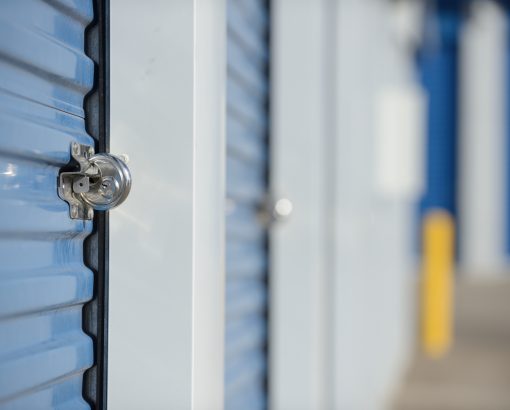
Attorney Paul S. Rainville successfully obtained a defense verdict in a jury trial in New Haven Superior Court in early February, 2018.
The case arose from the alleged wrongful disposal of the plaintiff’s business equipment which was stored at the defendant’s storage facility. The plaintiff alleged that the units contained items valued at more than $225,000, with a replacement cost of $400,000, and asserted claims of statutory theft, conversion, negligence and violation of the Connecticut Unfair Trade Practices Act. The defendant denied the allegations and maintained that it had the contractual right to foreclose and sell the property at issue.
The plaintiff admitted that he fell behind in paying monthly rent and that he received two foreclosure notices from the defendant. However, the plaintiff testified that he had contacted the defendant and received assurances that no action would be taken to foreclose upon his units and that he could ignore the foreclosure notices. Plaintiff’s version of events was disputed by the defendant. Attorney Rainville argued that the plaintiff was more than six months in arrears and had knowingly entered into a written contract with the facility which permitted the removal and disposal of the contents of the units if the plaintiff defaulted on the contract and that the defendant had every right to dispose of the plaintiff’s property. Although there were admittedly technical violations of the applicable statute, Attorney Rainville argued that the evidence was such that the violations were of no consequence to the disposal of the plaintiff’s property. The plaintiff was open to attack because he had no receipts for the claimed items and no evidence of his purchases of the equipment, other than his own testimony. Further, the plaintiff admitted that he failed to file annual Personal Property Declarations with the City of New Haven as was required of all businesses, as per the testimony of the City Tax Assessor. Finally, Attorney Rainville obtained a ruling in limine from the Court that the correct measure of damages was the fair market value of the property at the time of the loss as opposed to replacement cost thereof and was, therefore, able to argue that the plaintiff’s claimed losses were inflated and not accurate.
The jury returned a verdict in favor of Attorney Rainville’s client after deliberating for approximately one hour and fifteen minutes.


